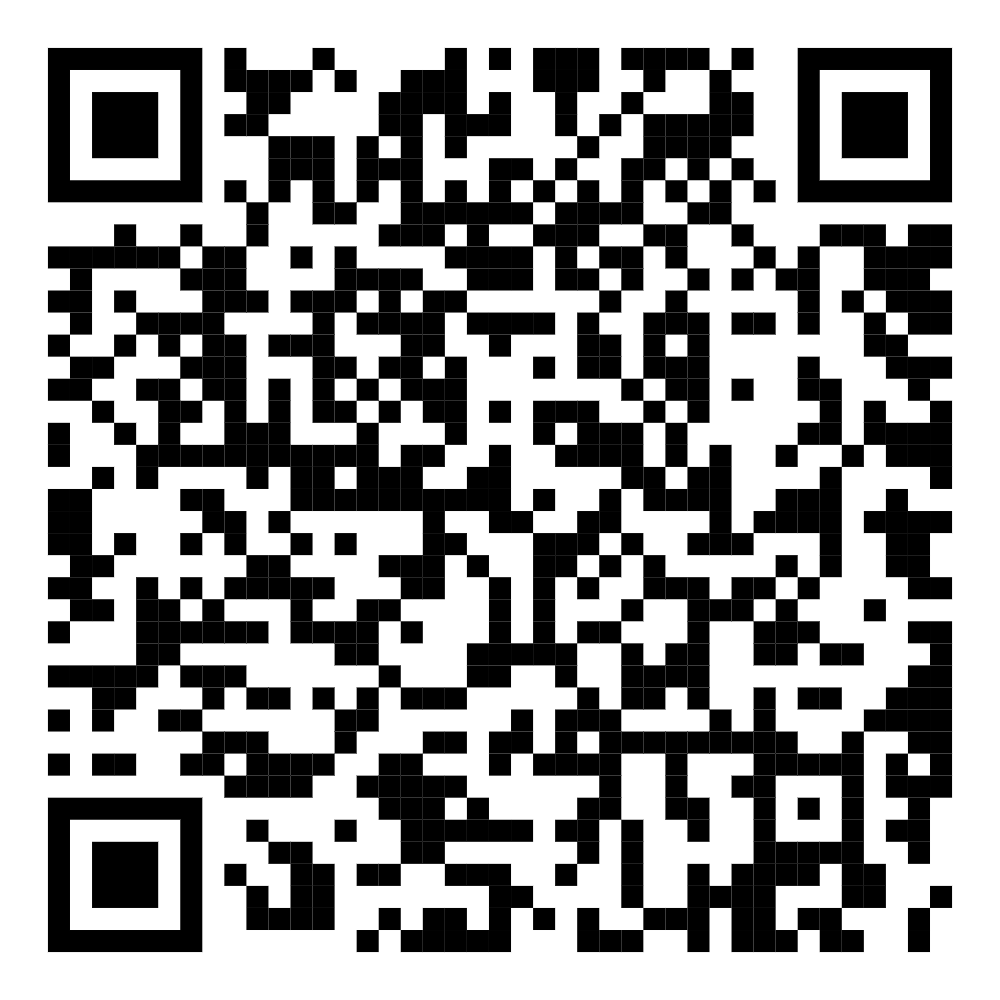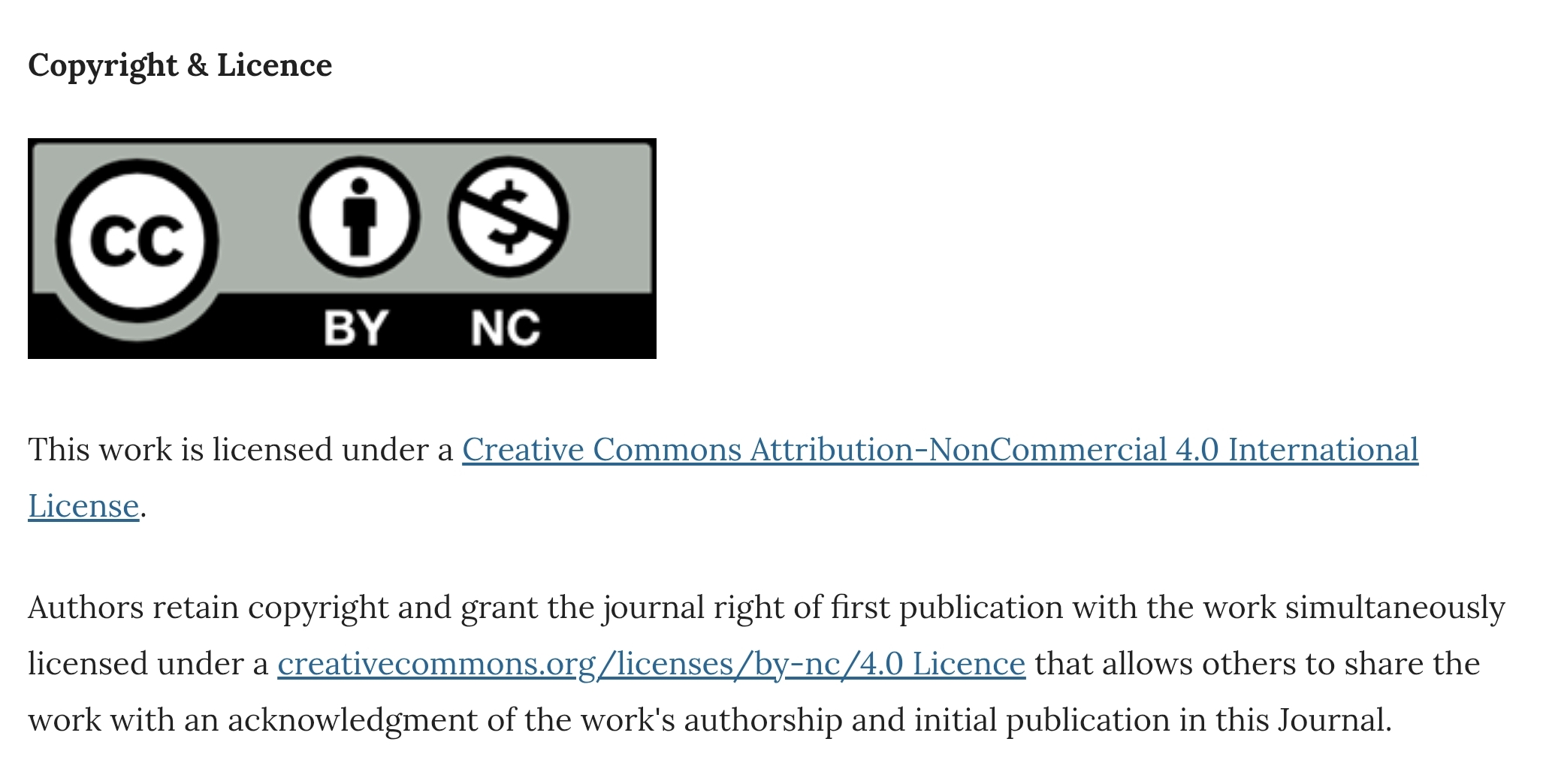CASE REPORT
|
|
Access the article online: https://kjponline.com/index.php/kjp/article/view/468 doi:10.30834/KJP.37.2.2024.468. Received on:24/08/2024 Accepted on: 15/11/2024 Web Published:06 /12/2024 |
ZOLPIDEM WITHDRAWAL SYMPTOMS IN SCHIZOPHRENIA – A CASE REPORT
Anusree Nilavarayath 1, Navaneeth Ravikumar 1, Anithakumari Ayiralomeethal2*,Padmini Cherukunnath 3
1. Junior resident, 2. Professor 3. Assistant Professor, Department of Psychiatry, Government Medical College, Kannur
*Corresponding Author: Professor, Department of Psychiatry, Government Medical College, Kannur, 670503.
email: akumeethal@rediffmail.com
INTRODUCTION
Zolpidem is a short-acting imidazopyridine hypnotic drug unrelated to benzodiazepines. Initially, zolpidem was reported to have low abuse potential and was considered an effective treatment for insomnia.1 But later, zolpidem was found to cause dependence, abuse, and withdrawal symptoms.2,3 Risk of dependence may increase with dose and duration of treatment.4 Insomnia is commonly reported in many psychiatric disorders for which psychiatrists prescribe different sedative-hypnotics.5 Substance use disorders are common in patients with psychotic disorders.6,7 Many cases of zolpidem dependence have been reported in different psychiatric disorders like bipolar and anxiety disorders.8 Substance abuse or dependence was often found to be a comorbid disorder in many schizophrenic patients, but no literature reporting zolpidem dependence or withdrawal in patients with schizophrenia was found.9 Hence, we present a case of zolpidem withdrawal in a schizophrenia patient.
CASE REPORT
A 51-year-old, married but separated, degree dropout, presented with complaints of irritability, discomfort in the head, and generalized uneasiness and restlessness, assaultive and destructive behaviors of 4 hours duration. He had a 31-year history of paranoid schizophrenia and was on treatment. He was unemployed and belonged to a lower-income family hailing from a rural background. There was a history of using zolpidem for the past seven months. Zolpidem was prescribed for insomnia along with his antipsychotic medications. His medications were unsupervised, and he was poorly compliant. He was prescribed 5mg of zolpidem at night. Initially, he took zolpidem as prescribed. But 3 months later, he increased the dose to 5mg twice a day by himself and later to three times daily. Within another two months, he was found to be taking it 4 times a day, sometimes demanding more tablets. Whenever there was a delay of about 1 to 2 hours in taking zolpidem or he was deprived of zolpidem, he became irritable and often abusive or assaultive towards his mother, demanding the drug. He assaulted and even threatened to kill his mother if zolpidem was not given. He was brought for admission when his mother could not meet his demand for zolpidem, and his violence became uncontrollable. At the time of admission, he was taking 20 mg of zolpidem per day, along with 100 mg each of amisulpride and clozapine.
There was a past history of alcohol dependence for about eight years, but he was abstinent for two years. Tobacco dependence was present, from which he was abstinent for the past eight months. A family history of alcohol and tobacco dependence was present in his father.
On examination, he was restless and agitated. No hallucinatory behavior, catatonic features, or abnormal involuntary movements were observed. He was cooperative but was demanding zolpidem and threatening violence. A severe craving for zolpidem was reported. Thought revealed persecutory delusions and loosening of association. The mood was irritable. He denied any hallucinations. Higher cognitive functions were normal, with impaired judgment and no insight. Blood pressure was 140/100 mmHg. and pulse rate was 100/minute. Other physical examinations were within normal limits. Hematological investigations, including a complete hemogram, serum electrolytes, and blood sugar, were normal. His liver, renal, and thyroid function tests and lipid profile were also within normal limits.
A dual diagnosis of schizophrenia and zolpidem withdrawal state was made based on the International classification of diseases -10. He was started on clonazepam 0.75 mg on the day of admission, which was hiked to 1mg in divided doses as his symptoms, including craving, persisted. Withdrawal symptoms subsided with 1mg of clonazepam, which was later tapered off and stopped in a week. Blood pressure became normal. Clozapine 100mg was continued, but amisulpride was reduced and stopped during this period. Later, he was started on fluphenazine depot, considering poor oral compliance. The schizophrenic symptoms were also reduced, and he was discharged by the end of the second week of admission. Informed consent was obtained from the patient to publish this report.
DISCUSSION
Zolpidem was considered as a safe drug with a less potential for dependence.1 However, zolpidem abuse and dependence were reported in those with insomnia or illnesses like anxiety and mood disorders.2,3 To the best of our knowledge, there are no reports showing zolpidem dependence or withdrawal in patients with schizophrenia. Hence, we believe this is the first report of such a nature. According to earlier researchers, zolpidem-dependent patients were found to have a current or past history of abuse or dependence on other substances like alcohol.2, 3 This patient also had a past history of alcohol and tobacco dependence. Symptoms such as aggressive behavior, restlessness, irritability, insomnia, etc., were reported in patients with zolpidem withdrawal.8,10 Similar to an earlier report, our patient also developed zolpidem dependence in a very short time.8 However, previous research reported withdrawal symptoms in those abusing very high doses of zolpidem, and in many, abuse was of long duration and ranged from 100mg to 6000mg per day. 8,10,11 Contrast to the earlier reports, this patient developed dependence and severe withdrawal with a very low dose (20mg) which we consider as unique to this case.12 Our patient also reported getting some courage with zolpidem, which he did not get with clozapine or amisulpride. Getting a high or reduction in anxiety with zolpidem was also reported in other cases.8,10 Similar to this case, earlier research also revealed successful treatment of zolpidem withdrawal using clonazepam.4 However, this case required a maximum of 1mg of clonazepam only for managing zolpidem withdrawal symptoms compared to a higher dose of clonazepam or other drugs in previous reports.4,13 This could be probably due to our patient's short duration and low dose dependence.
In conclusion, zolpidem, though a non-benzodiazepine drug, can lead to abuse and dependence irrespective of the psychiatric diagnosis. Dependence and severe withdrawal symptoms can develop with a dose as low as 20mg per day. Symptoms of zolpidem withdrawal in patients with schizophrenia can be mistaken for exacerbation of psychotic symptoms. Judicious prescription of zolpidem and early recognition of its abuse can prevent its dependence and withdrawal-related complications.
REFERENCE
1. Dang A, Garg A, Rataboli PV. Role of zolpidem in the management of insomnia. CNS Neurosci Ther. 2011 Oct; 17(5):387-97. DOI: 10.1111/j.1755-5949.2010.00158.x
2. Orsolini L, Chiappini S, Grandinetti P, Bruschi A, Testa R, Provenzano A et.al. 'Z-trip'? A Comprehensive Overview and a Case-Series of Zolpidem Misuse. Clin Psychopharmacol Neurosci. 2021 May 31; 19(2):367-387. DOI: 10.9758/cpn.2021.19.2.367
3. Victorri-Vigneau C, Dailly E, Veyrac G, Jolliet P. Evidence of zolpidem abuse and dependence: Results of the French Centre for Evaluation and Information on Pharmacodependence (CEIP) network survey. Br J Clin Pharmacol. 2007 Aug; 64(2):198-209. DOI:10.1111/j.1365-2125.2007.02861.x
4. Skowronska K, Chmura A, Pondel K, Cyboran K, Baciur P. Review of the literature on the dangers of zolpidem use, its potential for abuse and addiction. J Educ Health Sport [Internet]. 2022; 12(9):144-9. DOI: 10.12775/JEHS.2022.12.09.018
5. Nakamura T, Furihata R, Hasegawa N, Kodaka F, Muraoka H et al.: The effect of education regarding treatment guidelines for schizophrenia and major depressive disorders on psychiatrists' hypnotic medication prescribing behavior: a multicenter study. BMC Psychiatry. 2024 May 29; 24(1):399. DOI: 10.1186/s12888-024-05816-x
6. Ruhl F, Lambert M, Rohenkohl A, Kraft V, Daubmann A, Schneider BC, et al. Remission with or without comorbid substance use disorders in early psychosis: long-term outcome in integrated care (ACCESS III study). Front. Psychol. 2023; 14:1237718. DOI: 10.3389/fpsyg.2023.1237718
7. Adlard RJ, Roos T, Temmingh H. Alcohol, Smoking and Substance Involvement Screening Test validity in bipolar and psychotic disorders. S Afr J Psychiatr. 2023 Dec 21; 29:2109. DOI: 10.4102/sajpsychiatry.v29i0.2109
8. Kar SK, Dwivedi S. Zolpidem dependence in an adult with bipolar affective disorder and epilepsy: A case report. General Psychiatry 2019; 32. PMCID: PMC6738692.
9. Ward HB, Nemeroff CB, Carpenter L, Grzenda A, McDonald WM, Rodriguez CI, et al. Substance use disorders in schizophrenia: Prevalence, etiology, biomarkers, and treatment. Personalized Medicine in Psychiatry 2023 Jul-Aug; 39–40.Heydari M, Isfeedvajani MS. Zolpidem dependence, abuse and withdrawal: A case report. J Res Med Sci 2013; 18:1006-7. DOI:10.1016/j.pmip.2023.100106
11. Bajaj V, Kalra I, Bajaj A, Sharma D, Kumar R. A case of zolpidem dependence with extremely high daily doses. Asia Pac Psychiatry. 2019 Dec; 11(4): e12356. DOI: 10.1111/appy.12356
12. Holm KJ, Goa KL. Zolpidem: an update of its pharmacology, therapeutic efficacy, and tolerability in the treatment of insomnia. Drugs. 2000 Apr; 59(4):865-89. DOI: 10.2165/00003495-200059040-00014
13. Fernandes WH, Pereira Yda S, O' Tereza S. A case of Zolpidem dependence successfully detoxified with gabapentin. Indian J Psychiatry. 2013 Jul; 55(3):290-2. DOI: 10.4103/0019-5545.117152
|
Please cite the article as: Nilavarayath A, Ravikumar N, Ayirolimeethal A, Cherukunnath P. Zolpidem Withdrawal Symptoms in Schizophrenia – A Case Report. Kerala Journal of Psychiatry 2024; 37(2):132-135. |








